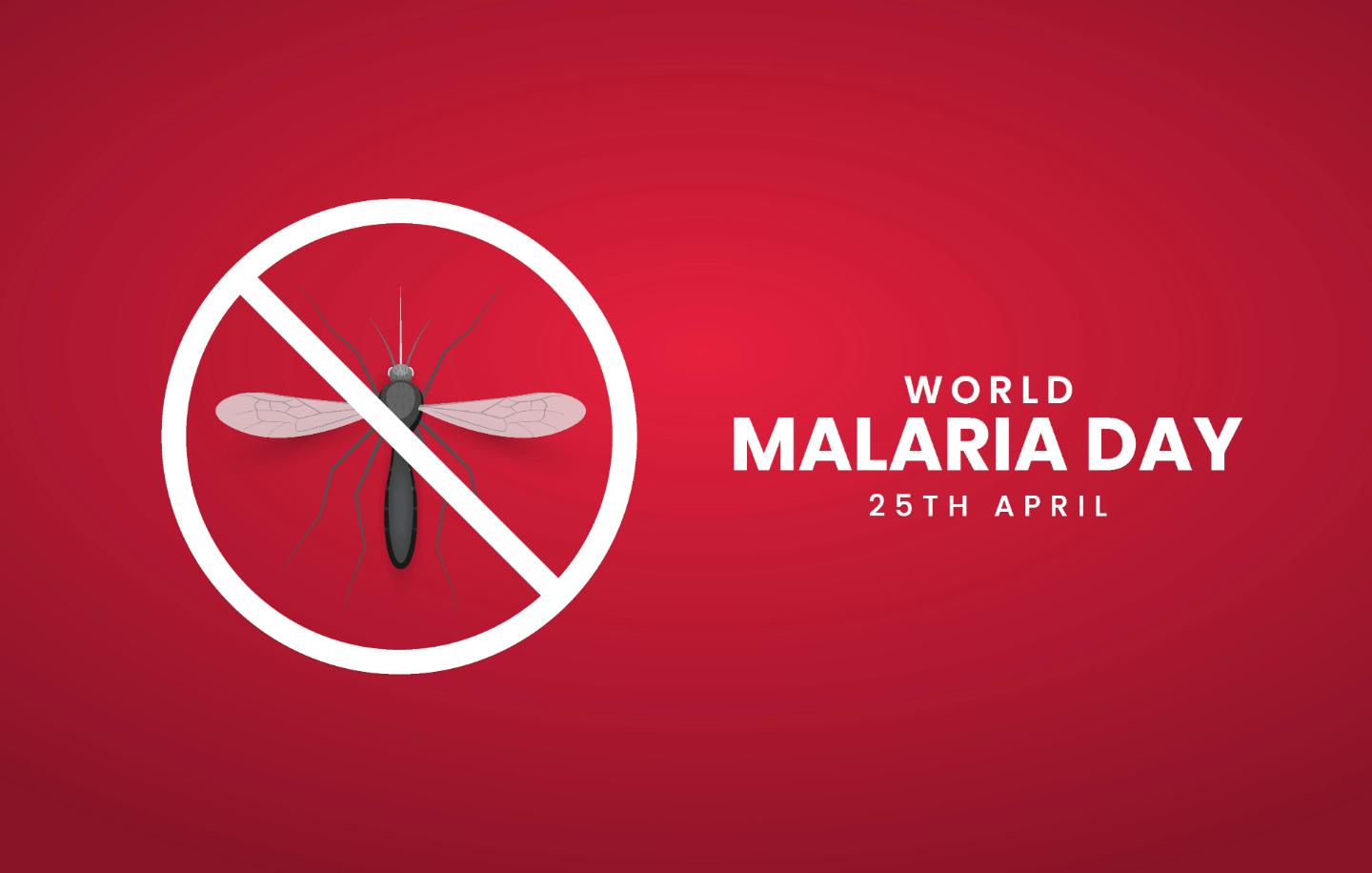Medical Devices
Rectal Cancer

Rectal Cancer
Cancer that affects the rectum is called rectal cancer. The rectum is the tail-end of the large intestine and connects your colon to the anus. If cancer also affects the colon, it is called colorectal cancer. Rectal cancer has five stages, starting from stage 0 in which the cancer cells are just spotted to stage 4 in which the cancer has spread from the rectum to other organs.
Let’s take a closer look at the symptoms of rectal cancer and explore treatment options.
Symptoms of rectal cancer
Here are some of the main signs of rectal cancer:
- A shift in bowel patterns, such as a sudden bout of diarrhea or constipation
- Exhaustion or fatigue
- The appearance of blood in the stools
- Weight loss
- Bleeding from the rectum
Some of the factors which can increase a person’s risk for developing rectal cancer include:
- Age: Age is a major risk factor for rectal cancer. People above 50 or 60 years are more likely to develop this condition.
- Genetic factors: People who have had immediate family members with this disease face a higher risk of developing it themselves.
- Consumption of red meat: People who consume a lot of red meat in their diet may face a higher risk of rectal cancer.
- Obesity: Obesity is known to increase a person’s risk of developing this form of cancer.
- Smoking: Smoking raises your risk of facing many health conditions, including rectal cancer.
Rectal cancer treatment
Rectal cancer is diagnosed through a series of tests, including CBC tests to check the level of Red Blood Cells and WBCs (white blood cells), colonoscopy, MRI, and CT Scan, among others. The diagnosis results will help determine the cancer stage and the course of treatment.
Rectal cancer treatment generally involves a combination of treatments. Rectal cancer surgery may be carried out to cut away the cancerous cells or even to remove the rectum completely or partially. Surgery may be combined along with other forms of treatment, such as chemotherapy, radiation therapy, and immunotherapy.
Like with other forms of cancer, there is a high chance of successful treatment and recovery if rectal cancer is detected early.
Going through treatment for any form of cancer, including rectal cancer, can be physically and emotionally challenging. Many support groups offer a safe and understanding environment for patients undergoing treatment.
MIRUS Linear Stapler
A Meril manufactures a range of medical products for use during diagnostic and surgical procedures. The MIRUS linear stapler is one such state-of-the-art surgical tool that offers superior surgical outcomes due to its ability to accommodate different thicknesses of tissues. The ergonomic design, single-hand operation capacity, and diverse reload options are some of the features that make the MIRUS linear stapler a tool of actual utility for surgeons. Other noteworthy features of this device include a lock, parallel jaw closure, and disposable loading unit with a secure grip.
The MIRUS linear stapler is available in 30mm, 45mm, 60mm, and 90mm sizes with two different staple cartridges sizes.





